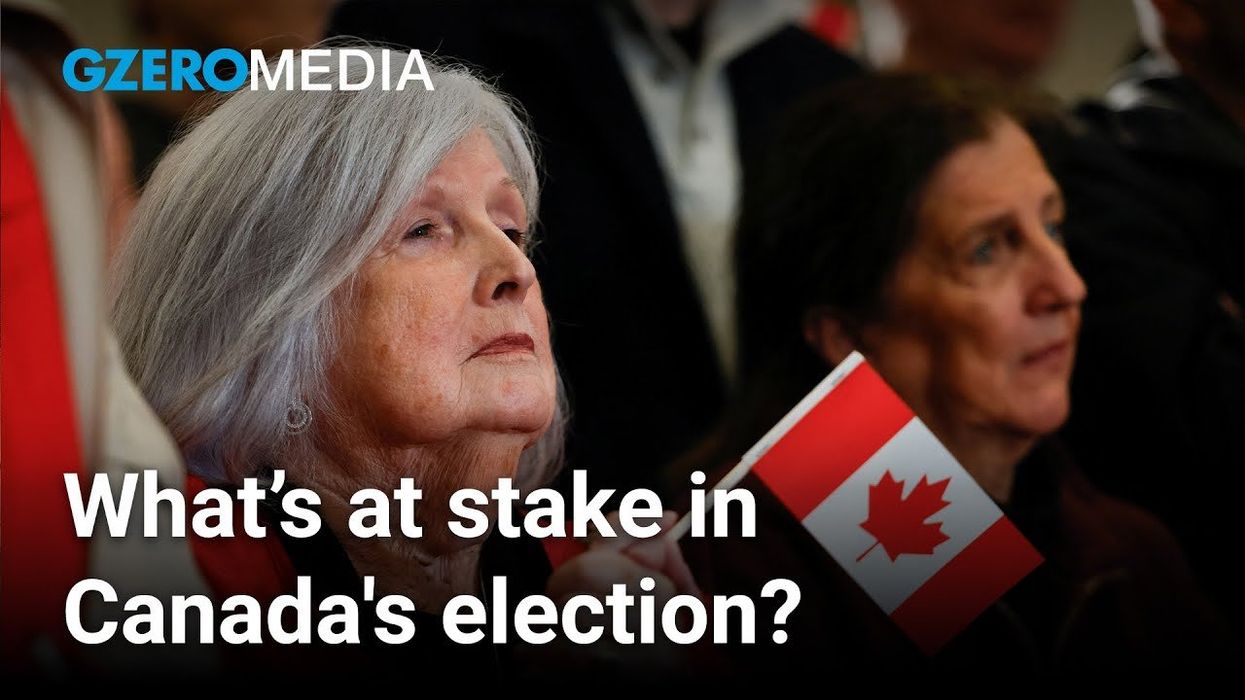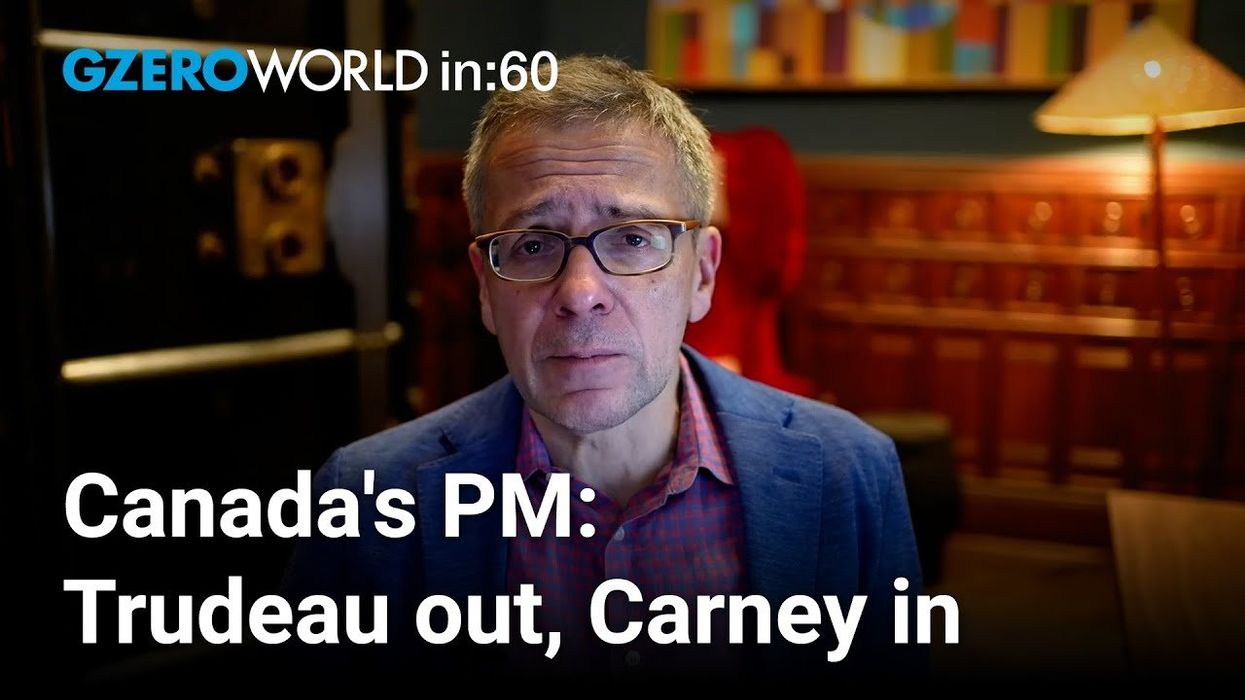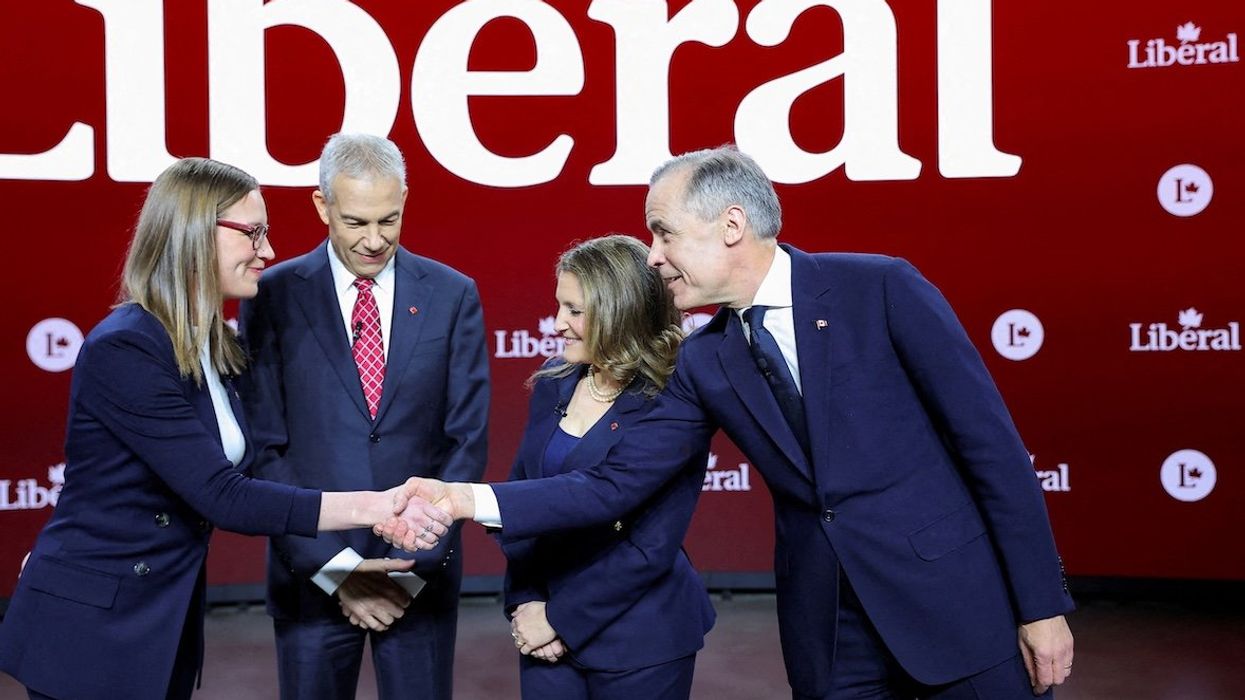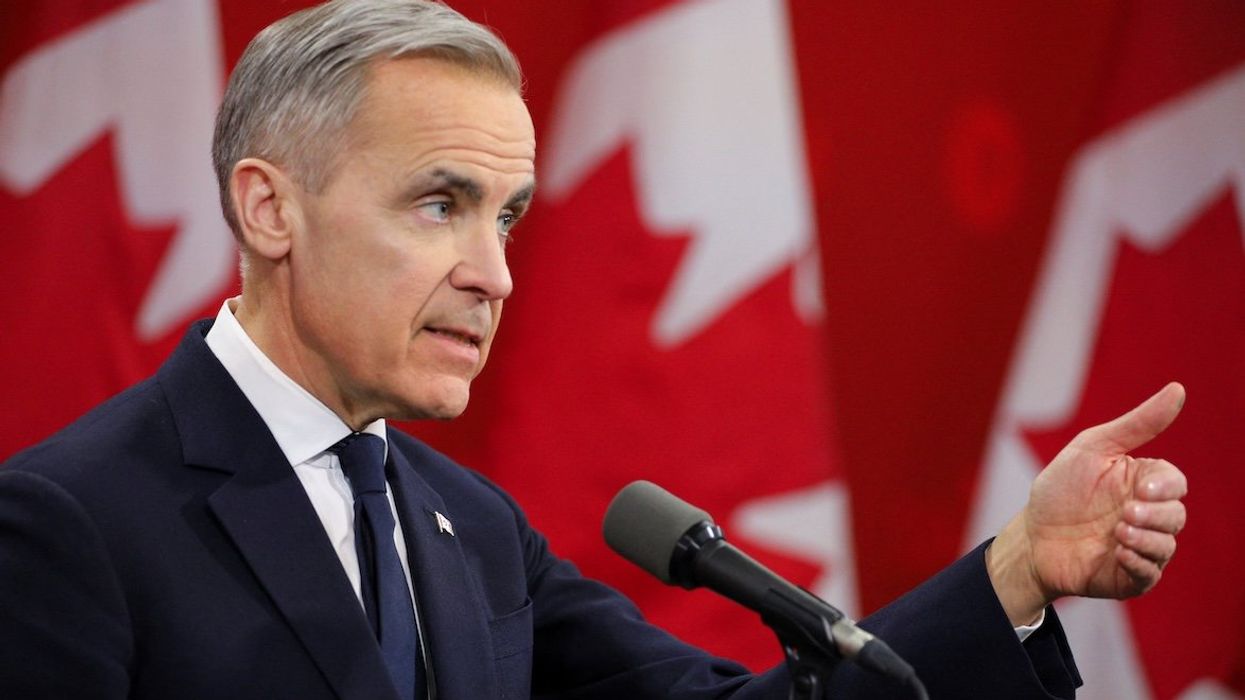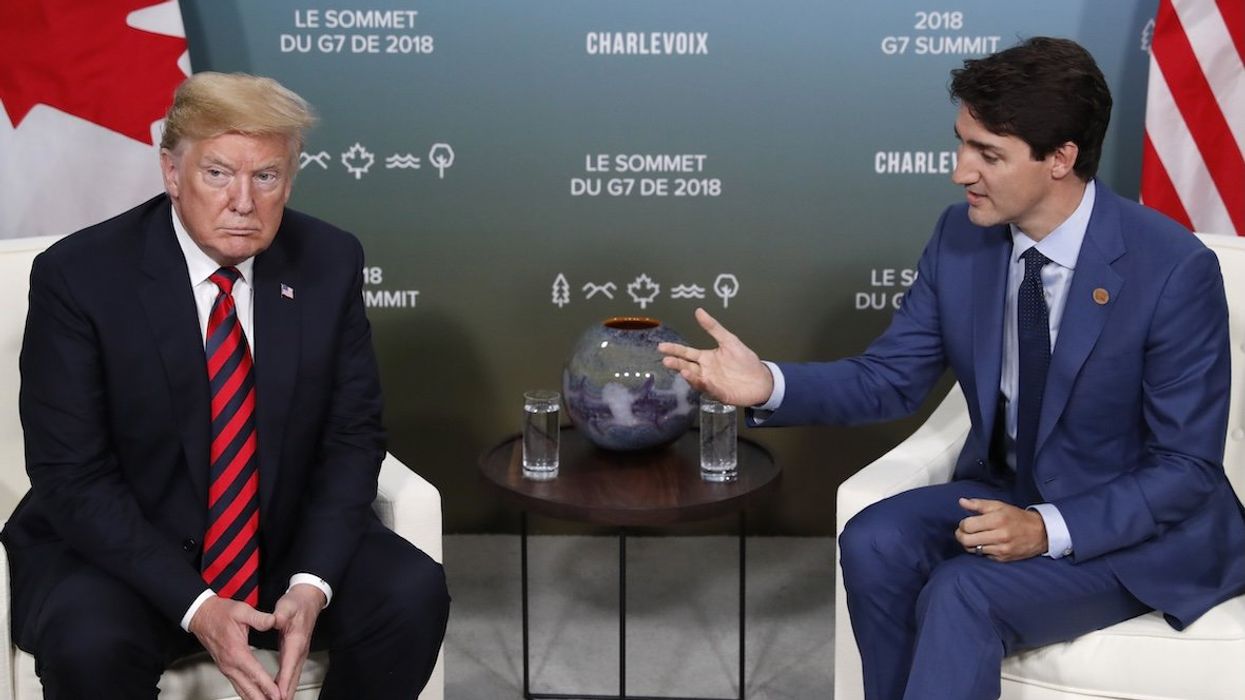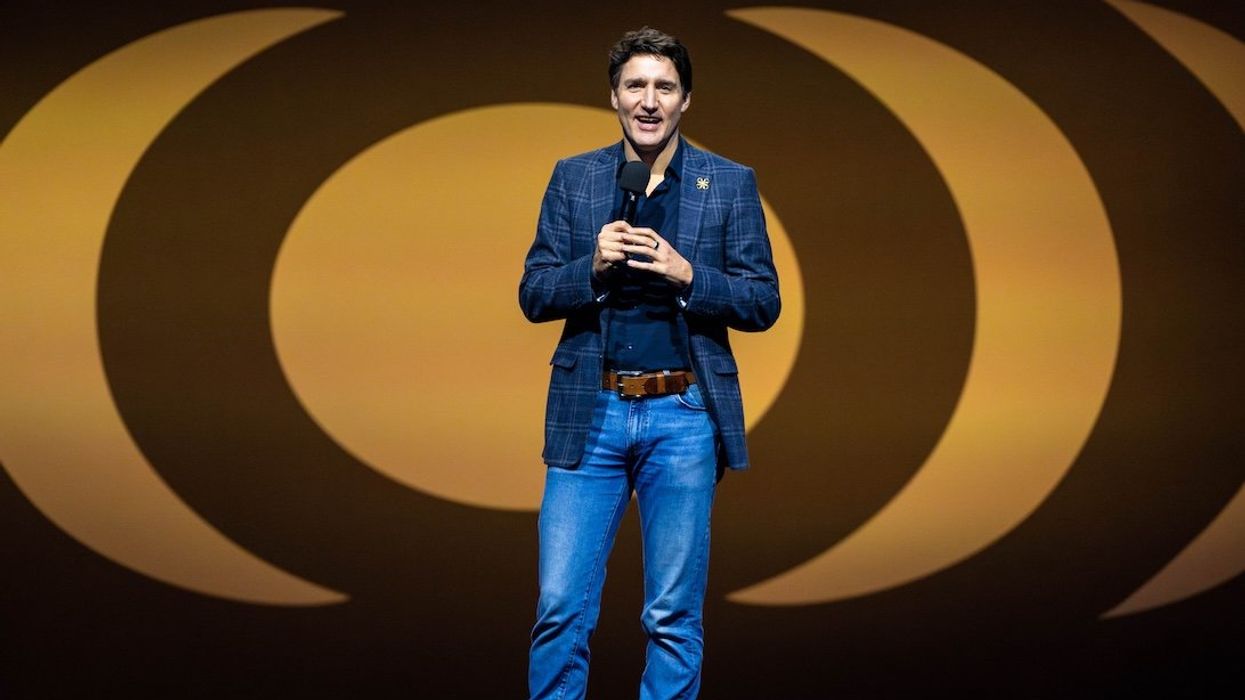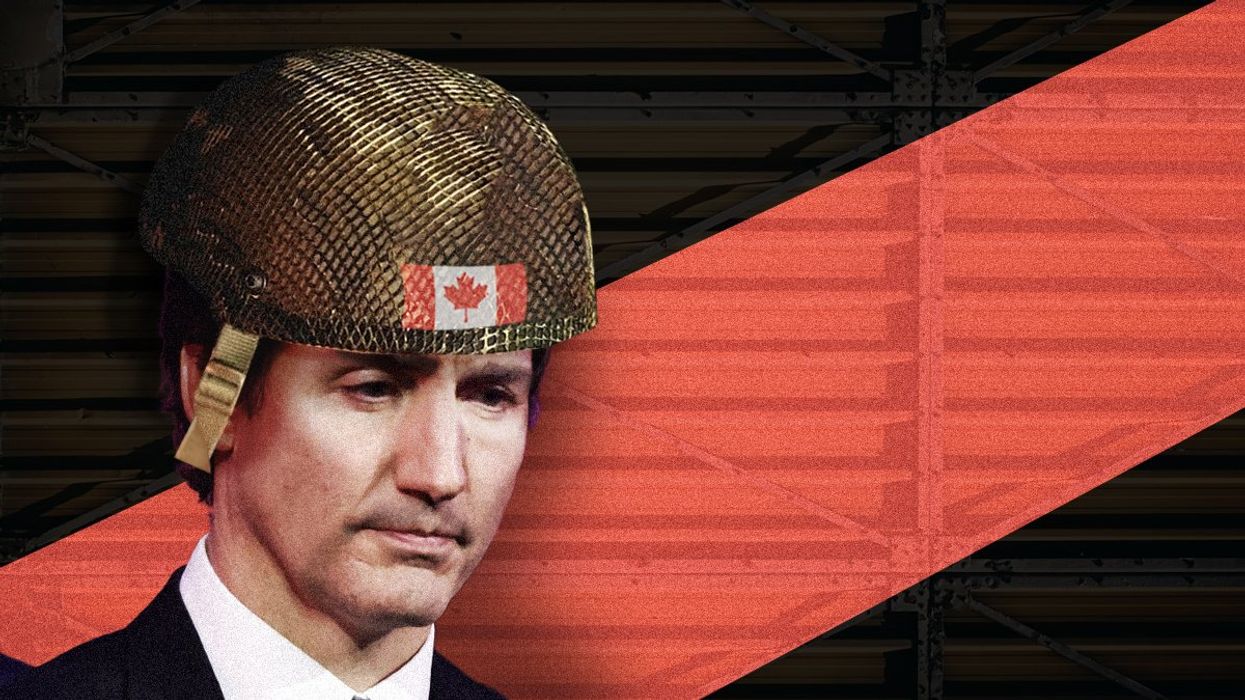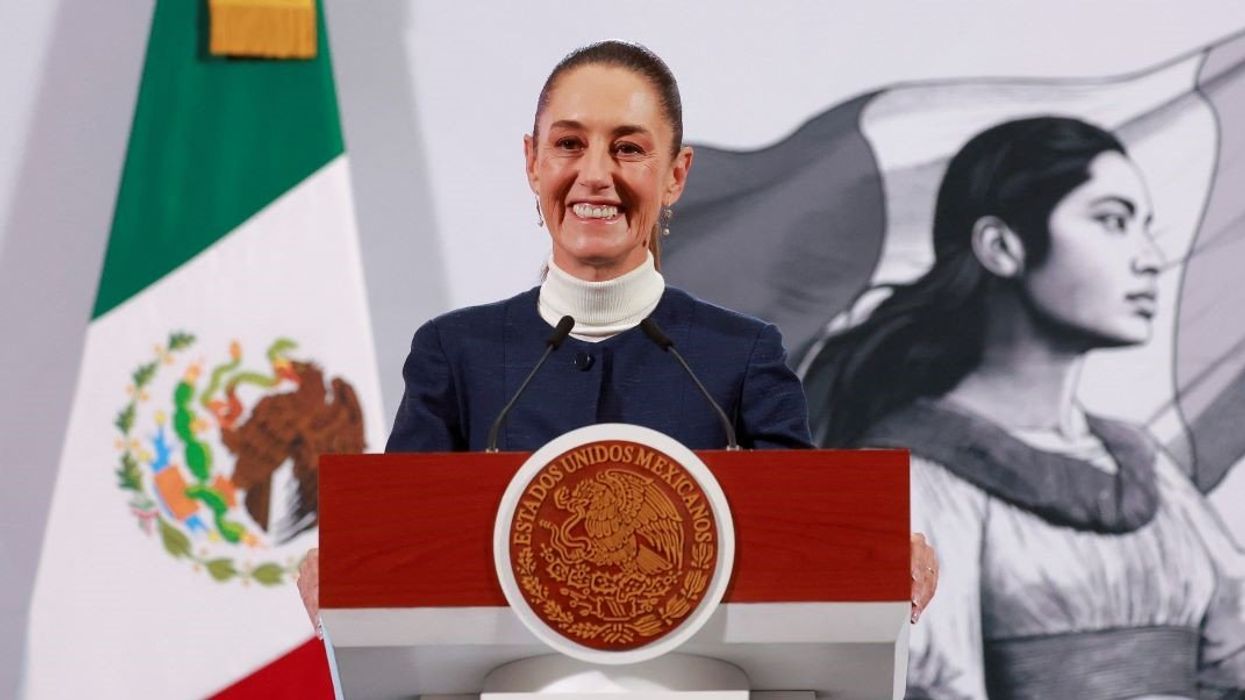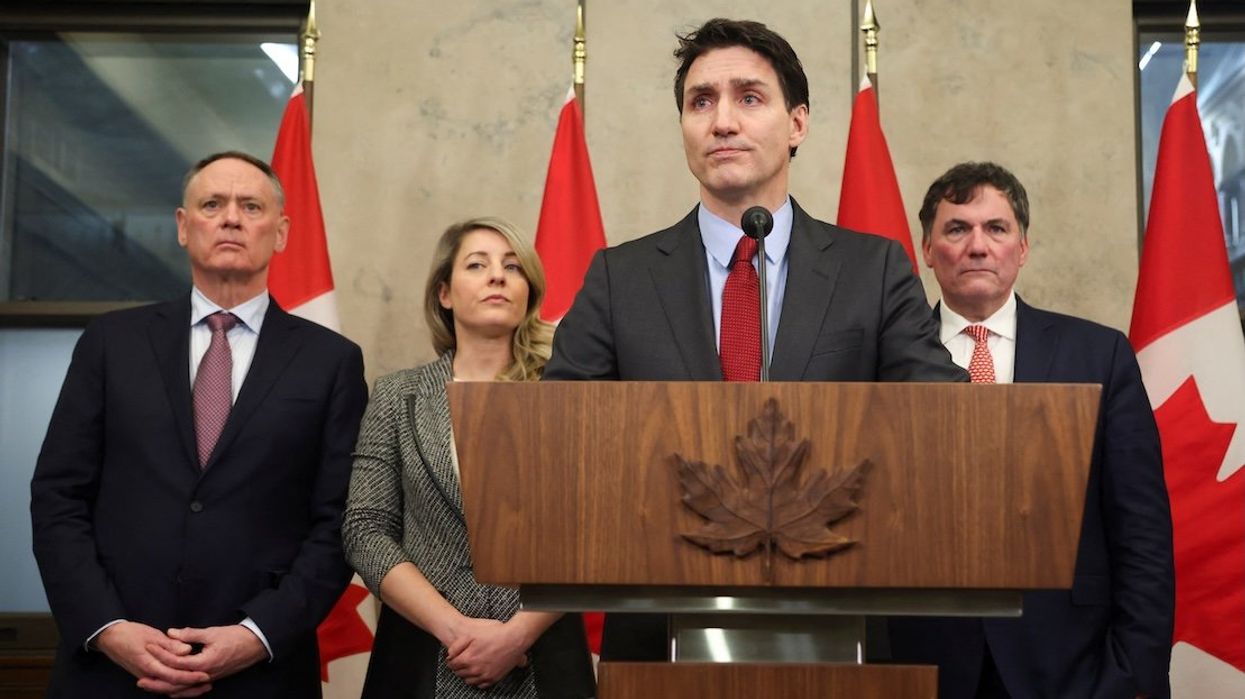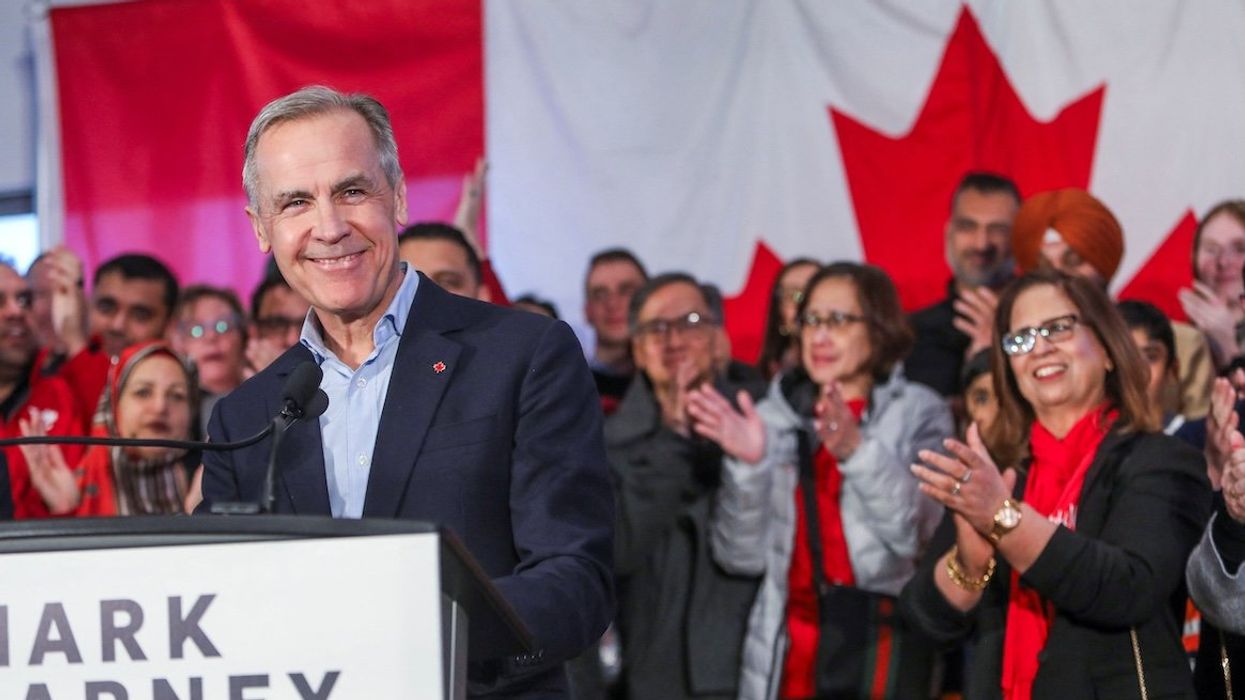GZERO North
What Canada’s main parties are running on in upcoming election
Canada’s 45th general election is less than two weeks away, and the nation faces a fraught political climate fueled by President Donald Trump’s tariffs and annexation threats towards the country. The election's outcome could have far-reaching impacts on Canada’s future and position in a fragmenting world. In an exclusive interview, GZERO’s Tasha Kheiriddin sits down with Eurasia Group‘s senior advisor John Baird and Vice Chairman Gerald Butts to unpack what’s at stake in Canada’s election, including key political players and the strategies behind their campaigns.
Apr 19, 2025
